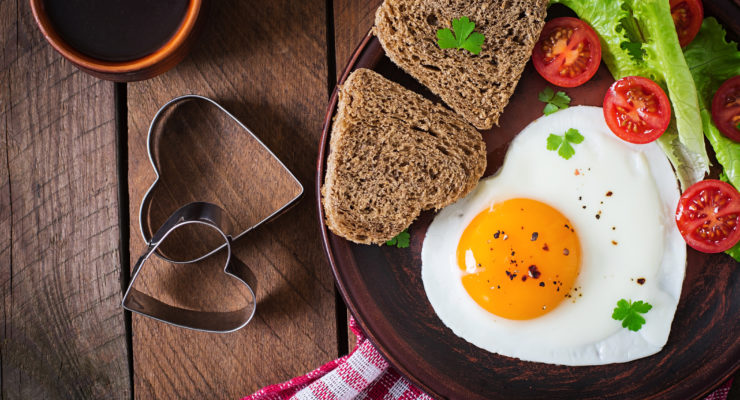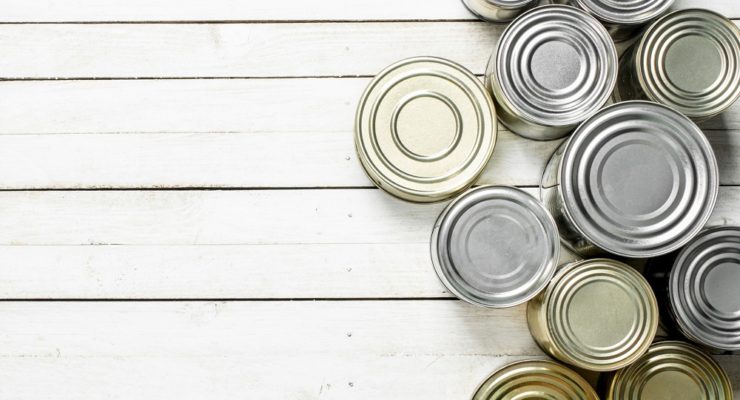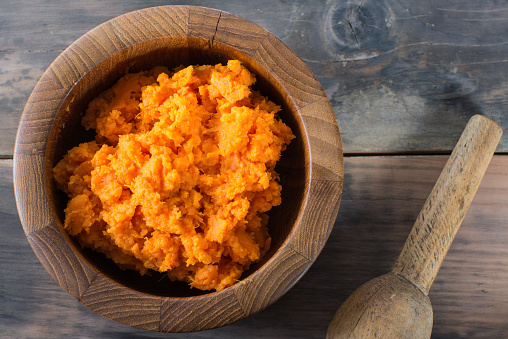Your immune system is your defense against unwanted invaders, including viruses. It’s made up of organs, cells and proteins, all of which work in harmony to keep you healthy, says Medical News Today. With the increasing concern of the Coronavirus (COVID-19) pandemic, you might be more concerned than ever before in how your immune system is functioning. We’re here to help you ensure that it’s in top-working order. Our health and wellness experts here at The Leaf Weight Loss Blog have gathered some tips to help you boost your immune system so you can stay safe and healthy while practicing social distancing.
5 Tips to Stay Healthy Straight From a Doctor
Read More 
Here are some easy ways that you can boost your immune system:
1. Catch Up on Sleep

Sleep is such an essential piece of overall health and it can absolutely boost your immune system. Proteins that are needed to fight infection and inflammation are released during sleep, says Mayo Clinic. Getting enough good-quality sleep can strengthen your body’s overall immune response. Of course, truly restful sleep can be elusive during stressful times like a pandemic. Find ways that you can encourage sleep, such as avoiding caffeine after lunch or even trying yoga before bedtime.
2. Relieve Your Stress

Have you ever been really stressed out, sad or lonely and then gotten sick on top of it? It’s not a coincidence. Attitude can have a powerful impact on our health and during stressful periods it can take a serious toll. Unfortunately, when we’re stressed, the immune system’s ability to fight off antigens can be reduced. “Chronic stress can suppress the response of the immune system and its ability to fight disease; therefore, reducing stress may help to prevent infections and other disorders,” says Medical News Today.
As scary as things may be during this COVID-19 pandemic, it’s more important now than ever to attempt to reduce feelings of stress and worry. Try starting your day off with positive thoughts and being mindful about what you allow yourself to spend time thinking about while you are home in self isolation. If social media is frequently causing you to spiral into negative thoughts, limit your exposure. You can also try these breathing techniques to help reduce stress levels.
3. Do Some Home Workouts

You already know that physical activity is essential in your weight loss journey. However, it has so many other wonderful benefits—including boosting your immune system. According to MedlinePlus, “Physical activity may help flush bacteria out of the lungs and airways.” Regular exercise can also promote optimal circulation that allows cells of the immune system to reach all parts of the body, says Medical News Today.
While your gym may be closed due to the Coronavirus, there are still plenty of ways to fit in daily exercise at home while you’re in quarantine. Going for regular walks or finding at-home exercise classes (through the computer or television) are simple ways to keep moving. The Fitness section here at The Leaf is filled with easy ideas! An added benefit is that exercise is thought to reduce stress, too.
9 Household Items You Can Use For a Home Workout
Read More 
4. Limit Alcohol Intake

Frequent alcohol consumption is thought to be associated with a weakened immune system. This is due to the fact that alcohol alters the makeup of your gut microbiome and impacts its ability to support your immune system. According to Healthline, “alcohol can trigger inflammation in the gut and destroy the microorganisms that live in the intestine and maintain immune system health.” It’s also suspected that alcohol can damage the immune cells that line the lungs and serve as the first line of defense against bacteria and viruses.
5. Wash Your Hands

You’ve probably never heard or thought as much about washing your hands as you have in recent months. However, correct handwashing has always been one of the best ways to keep your immune system healthy and protect yourself from the spread of infectious diseases and illness. We spoke directly to a doctor to get the proper steps for handwashing. Click here to learn more. >
6. Eat a Healthy Diet

If you’re on Nutrisystem, you already know that eating a healthy, well-balanced diet is essential when it comes to your plans to lose weight (or maintain a healthy weight). But a healthy diet also helps to boost your immune system. Providing your body with nutrition literally provides it with the power to fight illness, says Medical News Today. This should include a diet that is rich in many fruits and vegetables which provide you with antioxidant power. Specifically, foods rich in vitamin C have long been thought to boost immunity. While your grandmother or mother may have told you to drink your orange juice for that very reason, the truth is, juice is high in sugar. Instead, get your vitamin C from whole food sources like broccoli, kiwi, red bell peppers or whole oranges.
Looking for healthy recipes to cook up while you’re at home? Check out our recipe section! > You can also avoid extra trips to the grocery store while social distancing by getting healthy meals delivered to your door. While this can be extremely hard with restaurant takeout, a home delivery service like Nutrisystem makes healthy eating easy, convenient and delicious.
6 Foods For a Stronger Immune System
Read More 
7. Stop Smoking

Though it may be harder to quit smoking during times of stress, continuing to light up can have a detrimental impact on your immune system. According to the Surgeon General’s Report on Smoking and Health, “Smoking harms the immune system and can make the body less successful at fighting disease.” Smokers often have a more difficult time recovering from everyday illnesses than nonsmokers. Viral and bacterial infections of the lungs can also be made worse by smoking, says the Surgeon General’s Report on Smoking and Health.
8. Drink More Water

Staying well-hydrated is always important but it may also play an important role in keeping your immune system healthy. According to Medical News Today, “the mouth and throat are on the front lines of the body’s defenses, but they cannot do their job as well as usual when a person is dehydrated.” Of course, fitting in all those glasses a day can feel daunting. Fortunately, there are some simple hacks that can help you drink more water and remain your healthiest.
9. Create a Healthy Household

Though many people are currently staying at home in an effort to avoid germs in public, you also want to make sure that your household stays healthy, too. According to Jigsaw Health, “Household mold is a hidden invader that can weaken the immune system and cause respiratory illness, Chronic Fatigue Syndrome, Fibromyalgia, and other diseases.” They also explain that bacteria from certain foods can lead to food-borne illness that weakens the immune system. Keep your home clean and safe by properly handling raw food, cleaning surfaces and being aware of lurking germs. Even simple steps can go a long way in protecting you and your family.
10. Get Some Sunshine

Spending some time outdoors in the sun allows your body to produce vitamin D. According to research, published in the Journal of Investigative Medicine, “Deficiency in vitamin D is associated with increased autoimmunity as well as an increased susceptibility to infection.” We don’t need any excuse to grab our favorite book and lay outside! Head to the backyard and play some games with the kids, take your dog for a walk or go for a hike in the woods. Enjoy the warm weather and let the sunshine work its magic.
5 Reasons This Is the Best Time to Start Nutrisystem
Read More 
The post 10 Tips to Boost Your Immune System appeared first on The Leaf.
from The Leaf https://ift.tt/2Kwfmdl




















